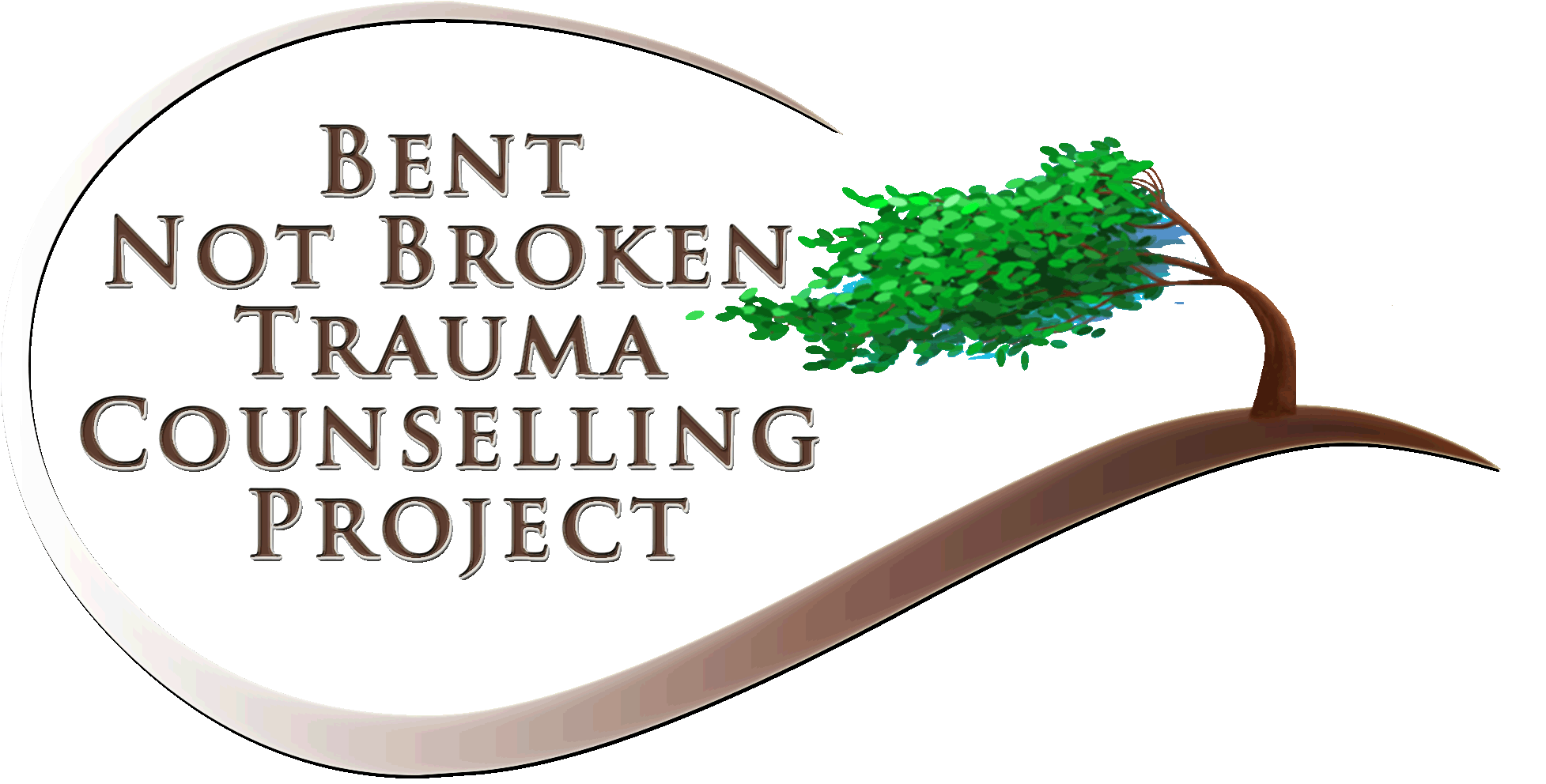How To Recover From A Traumatic Birth: Part 5 - A Question Of Balance
- Bent Not Broken Trauma Counselling Project

- May 29, 2022
- 3 min read

A question of balance sits around what we do with our own emotions, and what happens when we try to suppress or ignore any emotions we see as negative or unwanted.
Another perspective that might be useful to consider is that there are no negative emotions, only emotions that are out of balance. So, it's perfectly reasonable and 'normal', whatever that means, to be in a constant state of balance. Perhaps, it's just part of being human.

Think about anxiety for a moment; most people see that as a negative emotion and how it's a bad thing to feel anxious.

Another way of looking at anxiety is that it's also a future based self-protective coping mechanism.

When anxiety is out of balance it's always about something that MIGHT happen; it hasn't happened yet but it might happen and we don't know when. So, we worry and fret and visualise all our different scenarios of what could happen and what we'll do if it does.
Sometimes, because something bad did happen, anxiety manifests because it might happen again. But we don't know when it might happen or whether it would be a repeat of the past unpleasant experience or not. We end up running madly on a hamster wheel of trying to anticipate and be ready for when the moment comes.

In fact, the way the human brain works is that we can only make sense of the future and what might happen next in direct reference to our own individual past lived experiences, and after that, from our understanding and meaning-making of the past lived experiences of others.
So, anxiety that is out of balance means that our own brain tries to prepare us to be ready to deal with whatever the bad thing is, whenever it happens. We have to be vigilant and on guard every moment, anticipating constantly, because it's only a matter of when.
Often we’re told that having a positive mental attitude will make us feel better.
Be careful. It doesn’t always make us feel better at all.

What some of us learn the hard way is that being told to be positive with nothing else in the way of kindness, compassion or understanding can be very toxic.
What we're being advised to do is to use positivity as a way of numbing ourselves by ignoring emotional pain. That might work in the short term but, as Brené Brown, also points out, we can’t shut down negative emotions without also shutting down the positive ones as well. In the long term, in choosing to use positivity as a form of denial, we risk disconnecting ourselves, not only from ourselves, but from our loved ones, our family, our friends, our world.

There has to be balance in everything in life, and that includes feeling the full range of our own emotions, even the ones we view as negative and unwanted.
The art of keeping the balance of our emotions lies in not unpacking and living only in the negative or in just the positive.
Living only in the negative shuts down happy feelings; living only in the positive disassociates us from ourselves and forces us into living a life of pretend.
Allow yourself to have a time of wallowing in anger, fear, resentment and ‘it’s not fair’. Find someone you trust not to judge you and say those words aloud to them, write them down, record them on your phone. Let them become real and tangible. Cry, scream and be angry at the unfairness. Find ways to express your anger and hurt safely and appropriately.

When the moment is over, take some time to calm yourself, to comfort yourself, to have a cuddle with someone you love. Find music that lifts you up or video clips that make you laugh. Reconnect yourself with yourself, with the world and with your loved ones.

Series Links




Comments